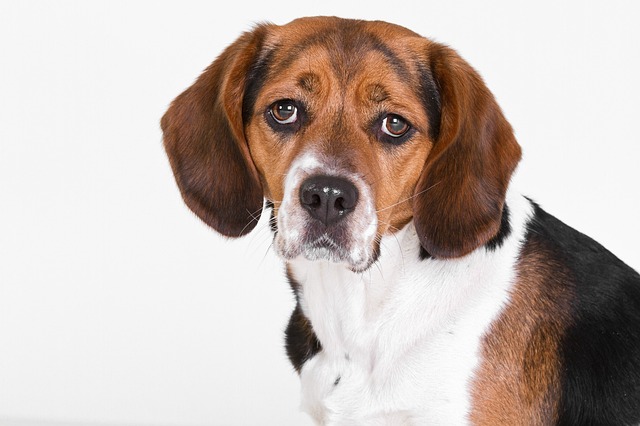
How to potty train a Belgian Malinois puppy?
Belgian Malinois puppies are sharp and eager to learn, but potty training still needs consistency—they’re just babies figuring out their bodies.
You’ve probably noticed how your dog’s nose takes over during walks—sniffing fire hydrants, grass patches, and that intriguing lamppost like it’s reading the morning newspaper. This natural obsession with smells isn’t just idle curiosity; it’s a powerful instinct you can harness through scent work. This engaging activity provides mental stimulation that’s just as important as physical exercise, especially for high-energy breeds or dogs living in urban environments where off-leash time might be limited.
The science behind scent work taps into your dog’s incredible olfactory capabilities—their sense of smell is between 10,000 to 100,000 times more acute than ours. When you introduce scent-based games, you’re not just entertaining your dog; you’re reducing anxiety, building confidence, and strengthening your bond. Start with simple hide-and-seek games using high-value treats or favorite toys. Begin in a small, distraction-free room by letting your dog watch you place a treat under a cardboard box or behind a chair leg, then use an enthusiastic “Find it!” cue. As they improve, increase difficulty by hiding items in different rooms or having them wait while you hide the object.
For more structured training, introduce a specific target scent like lavender or anise oil. Apply a drop to a cotton swab and place it in a ventilated container. Let your dog investigate the container while rewarding with treats, creating positive associations. Gradually hide the container in easy locations, rewarding successful finds enthusiastically. Never punish mistakes—instead, guide your dog closer to the target and reward any interest. This positive reinforcement approach aligns with modern training standards across the U.S. and Europe, where force-free methods are increasingly mandated by animal welfare regulations.
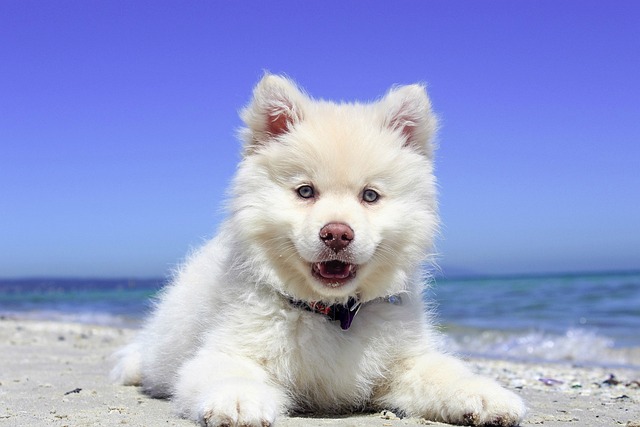
Before starting outdoor scent work, ensure your dog’s vaccinations—particularly rabies—are current, as this is legally required in most states and essential for public safety. When practicing in parks or public spaces, always follow local leash laws and be mindful of other park users. Keep your dog leashed unless in designated off-leash areas, and always clean up after your pet. Many communities have specific ordinances about disturbing public spaces, so avoid areas with protected wildlife or vegetation.
Apartment dwellers can create excellent scent games using vertical space and creative hiding spots. Use cardboard boxes arranged as a sniffing maze in your living room, or hide treats in rolled-up blankets for your dog to discover. If you have a balcony, create a container garden with dog-safe herbs like mint or basil for interesting scents. Be considerate of neighbors by keeping sessions reasonably quiet—excited barking might be enjoyable to you but less so to someone in the next apartment. For urban dogs, sidewalk scent games where they find treats you’ve dropped in grass patches (where permitted) can turn routine walks into adventures.
As your dog progresses, you might consider joining organized nose work classes—many communities offer these through training centers or parks departments. These provide structured learning environments and often lead to certification opportunities. Remember that every dog has scenting potential, from the tiniest Chihuahua to the largest Great Dane. The real goal isn’t perfection but engagement—watching your dog light up with pride when they successfully track down a hidden treasure.

Belgian Malinois puppies are sharp and eager to learn, but potty training still needs consistency—they’re just babies figuring out their bodies.
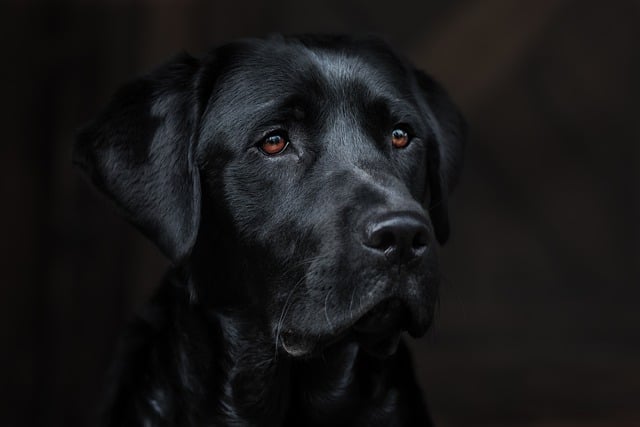
Bringing home a Belgian Malinois puppy means balancing their high energy with consistent routines—and house training is where that balance starts.
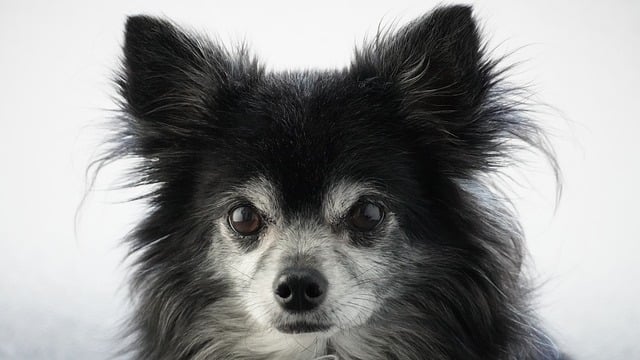
Watching your dog dart toward a busy street or vanish into a neighbor’s yard isn’t just scary—it’s a risk no pet parent wants to take.
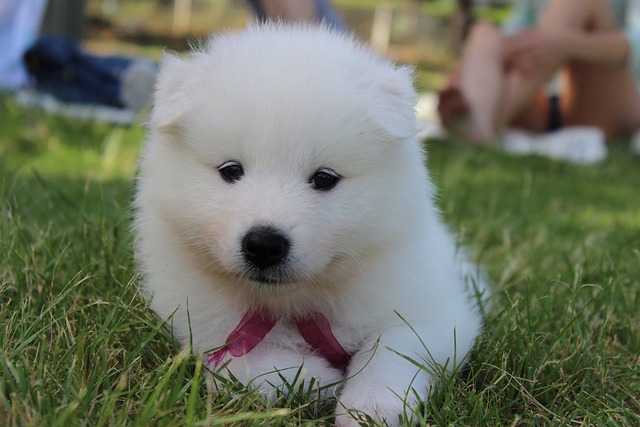
Most new puppy owners start wondering about potty training the moment they bring their fuzzy friend home—and for good reason.
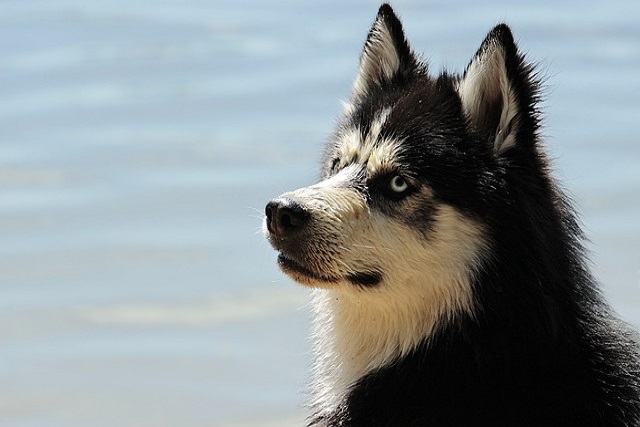
You’re on your third attempt at a peaceful walk today when your dog spots a neighbor and erupts into a frenzy of barking and lunging.
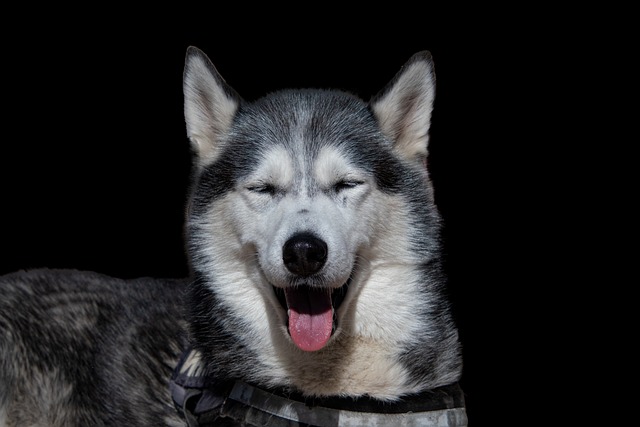
You’re on your daily walk when suddenly your dog spots another pup across the street. What begins as normal curiosity quickly escalates into lunging